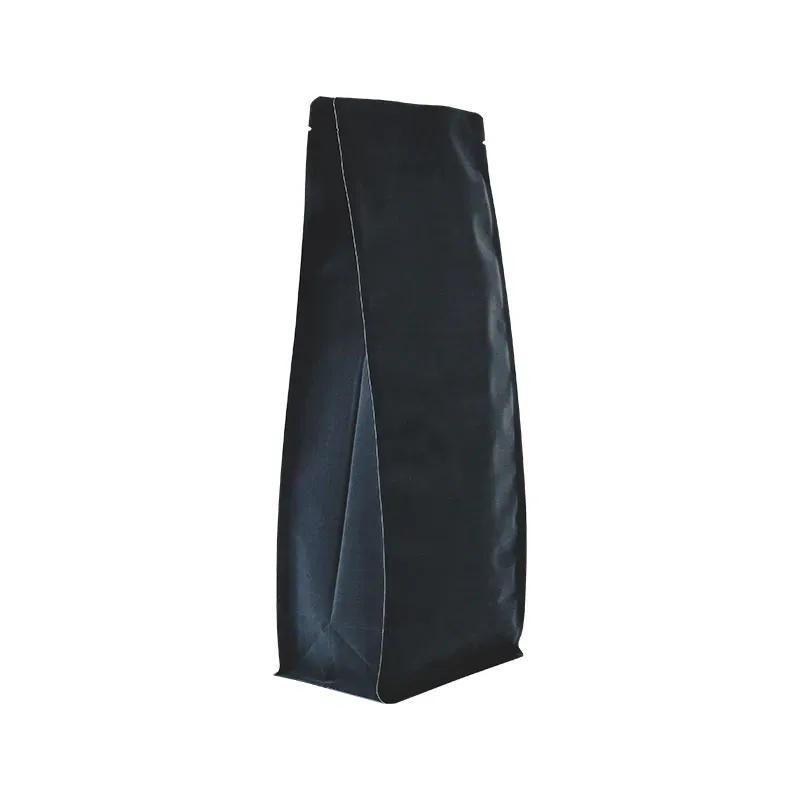- Afrikaans
- Albanian
- Amharic
- Arabic
- Armenian
- Azerbaijani
- Basque
- Belarusian
- Bengali
- Bosnian
- Bulgarian
- Catalan
- Cebuano
- chinese_simplified
- chinese_traditional
- Corsican
- Croatian
- Czech
- Danish
- Dutch
- English
- Esperanto
- Estonian
- Finnish
- French
- Frisian
- Galician
- Georgian
- German
- Greek
- Gujarati
- haitian_creole
- hausa
- hawaiian
- Hebrew
- Hindi
- Miao
- Hungarian
- Icelandic
- igbo
- Indonesian
- irish
- Italian
- Japanese
- Javanese
- Kannada
- kazakh
- Khmer
- Rwandese
- Korean
- Kurdish
- Kyrgyz
- Lao
- Latin
- Latvian
- Lithuanian
- Luxembourgish
- Macedonian
- Malgashi
- Malay
- Malayalam
- Maltese
- Maori
- Marathi
- Mongolian
- Myanmar
- Nepali
- Norwegian
- Norwegian
- Occitan
- Pashto
- Persian
- Polish
- Portuguese
- Punjabi
- Romanian
- Russian
- Samoan
- scottish-gaelic
- Serbian
- Sesotho
- Shona
- Sindhi
- Sinhala
- Slovak
- Slovenian
- Somali
- Spanish
- Sundanese
- Swahili
- Swedish
- Tagalog
- Tajik
- Tamil
- Tatar
- Telugu
- Thai
- Turkish
- Turkmen
- Ukrainian
- Urdu
- Uighur
- Uzbek
- Vietnamese
- Welsh
- Bantu
- Yiddish
- Yoruba
- Zulu
Creative Disposable Coffee Cup Designs for Your Brand's Logo and Promotions
The Rise of Disposable Coffee Cups in Modern Culture
In today's fast-paced world, convenience reigns supreme, and disposable coffee cups have become a quintessential symbol of our modern culture. Touting both practicality and style, these cups cater to our on-the-go lifestyles, allowing coffee enthusiasts to enjoy their favorite brews without the burden of reusable containers. However, while disposable coffee cups have surged in popularity, they've also ignited important conversations around sustainability and environmental responsibility.
The Convenience Factor
The rise of coffee culture has been profound, with an increasing number of people opting for their morning caffeine fix from local cafes or international chains. Disposable coffee cups offer a seamless experience for consumers who need their coffee swiftly and efficiently. With the click of a button on a mobile app or a quick visit to the corner café, patrons can grab a piping hot cup of coffee without the hassle of returning a reusable cup. This convenience fits perfectly into the rhythms of modern life, where time is often at a premium.
Diversity in Design
Another appealing aspect of disposable coffee cups is their design. Many cafes take pride in their branding and utilize disposable cups as a canvas for creativity. From vibrant colors and artistic designs to sleek minimalist aesthetics, these cups are not just vessels for beverages but also reflect a brand’s identity. Customizable options allow businesses to showcase their logos, making the coffee experience not only delicious but visually appealing. This branding adds a layer of connection between cafes and their customers, creating a sense of loyalty that keeps patrons coming back for more.
Environmental Concerns
logo coffee cups disposable

Despite their convenience and aesthetic appeal, disposable coffee cups have come under scrutiny due to environmental concerns. Most disposable cups are made from plastic-lined paper, which poses significant challenges for recycling. The plastic lining prevents the cups from being easily processed in standard recycling systems, leading to vast amounts of waste ending up in landfills. The growing awareness of climate change and environmental degradation has prompted calls for change, urging cafes and consumers to rethink their relationship with disposable products.
Towards Sustainable Alternatives
In response to these concerns, many coffee shops are innovating towards more sustainable practices. Some cafes have begun experimenting with biodegradable cups made from plant-based materials, which can break down more easily in composting systems. Others encourage the use of reusable cups by offering discounts to customers who bring their own containers. These initiatives underline the shift towards more responsible consumption while still meeting consumer demand for convenience.
Conclusion A Balancing Act
As we navigate the complexities of modern consumerism, the disposable coffee cup represents both our desire for convenience and the pressing need for sustainability. While these cups cater to our busy lifestyles and provide a canvas for creativity and branding, they also challenge us to consider our impact on the environment. The coffee industry, like many others, stands at a crossroads it can either continue down a path of convenience at the expense of the planet or embrace innovation and sustainability.
The conversation regarding disposable coffee cups is emblematic of a larger dialogue about consumer choices and their consequences. By supporting cafes that prioritize sustainability, opting for reusable containers, and advocating for better materials and practices, we can enjoy our coffee culture while also taking steps to protect our environment.
Ultimately, the future of disposable coffee cups will depend on a collective commitment to change. It’s crucial for consumers to recognize the power of their choices and for businesses to lead with responsibility and innovation, ensuring that the joy of coffee remains timeless while the planet thrives.













